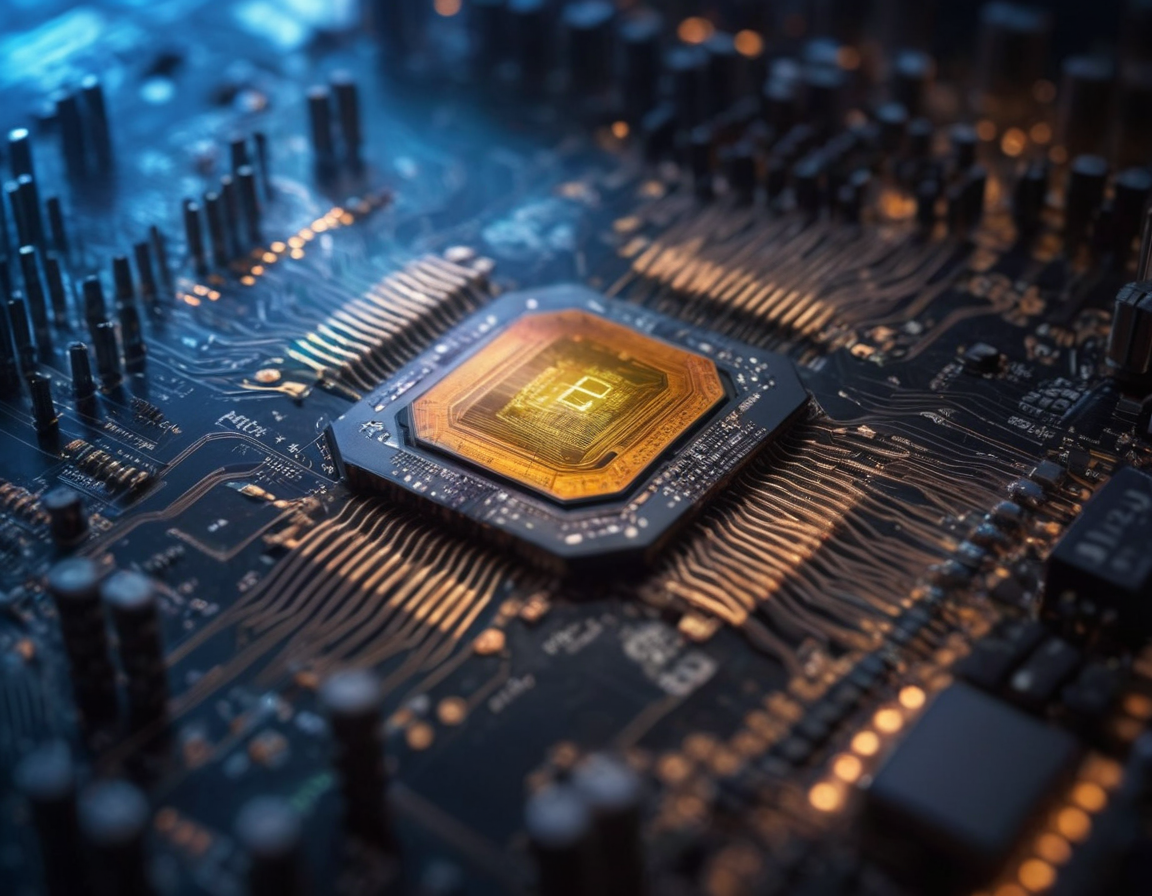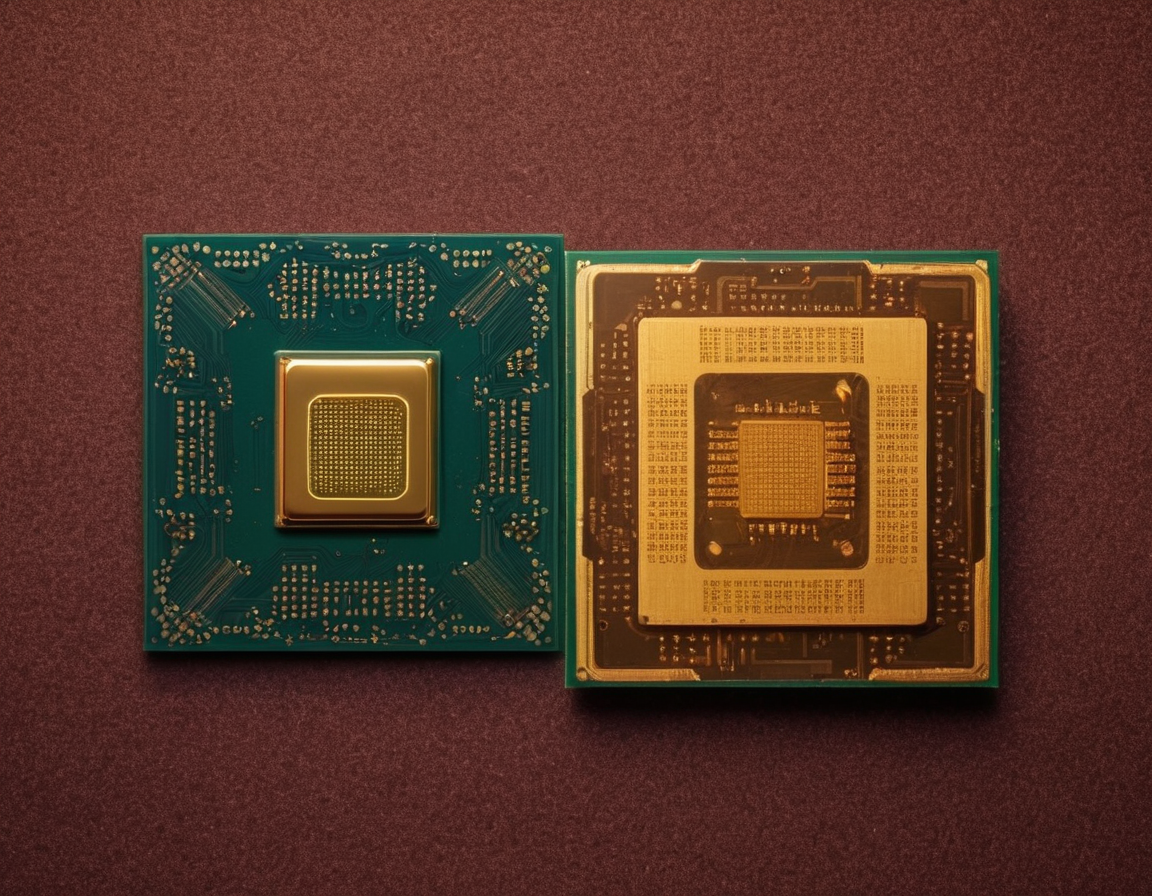Embracing the Future: The Rise of Quantum Computing
The Quantum Leap: Understanding Quantum Computing
In a world that’s advancing faster than ever, quantum computing stands out as one of the most exciting and promising areas of technology. But what exactly is quantum computing, and why is it causing such a buzz across various industries? Let’s dive into the fascinating world of qubits, superposition, and entanglement.
What is Quantum Computing?
Quantum computing is a type of computation that takes advantage of the quantum states of subatomic particles to store information. Unlike traditional computers, which use bits as the basic unit of data represented by 0s and 1s, quantum computers use quantum bits, or qubits. These qubits can exist in multiple states at once, thanks to the principle of superposition, which allows them to perform many calculations simultaneously.

The Building Blocks of Quantum Computers
At the core of a quantum computer are the aforementioned qubits. These are typically subatomic particles like electrons or photons. Manipulating these particles in a controlled environment allows quantum computers to perform complex calculations at speeds unattainable by classical computers.
Another key concept in quantum computing is entanglement, a phenomenon where pairs or groups of particles are interconnected in such a way that the state of one instantly influences the state of the other, regardless of distance.

Quantum Computing vs. Classical Computing
The differences between quantum and classical computing are stark. Classical computers, which encompass everything from your smartphone to supercomputers, perform logical operations using the definite position of a physical state. Quantum computers, on the other hand, are not limited to two states; they encode information as quantum states that can exist in superposition.
This allows quantum computers to solve problems that are currently intractable for classical systems, such as simulating large molecules for drug discovery or optimizing complex systems in logistics and supply chains.

Potential Impacts and Applications
The implications of quantum computing are vast. In cybersecurity, quantum computers threaten to break many of the encryption algorithms that keep our digital data secure. On the flip side, they also promise to create unbreakable encryption through quantum key distribution.
In the field of artificial intelligence, quantum computing can potentially supercharge machine learning algorithms, leading to more advanced AI capabilities. Moreover, their ability to quickly analyze and cross-reference large amounts of data could revolutionize industries from finance to pharmaceuticals.
Challenges Ahead
Despite the excitement, quantum computing is still in the early stages with several technological hurdles to overcome, such as error rates and qubit coherence. But with companies like IBM, Google, and Honeywell making significant advancements, the quantum future is closer than we might think.

The quest for a practical quantum computer is one of the most thrilling races in modern science and technology. As we stand on the brink of a new computational era, we’re not just witnessing the rise of a new machine but potentially a new way to understand and interact with the very fabric of reality itself.
Conclusion
Quantum computing has the potential to revolutionize our world by solving problems beyond the reach of current computers. As researchers continue to push the boundaries of what’s possible, we may soon have the power to unlock mysteries of the universe, transform industries, and leap into a future filled with untapped potential.






